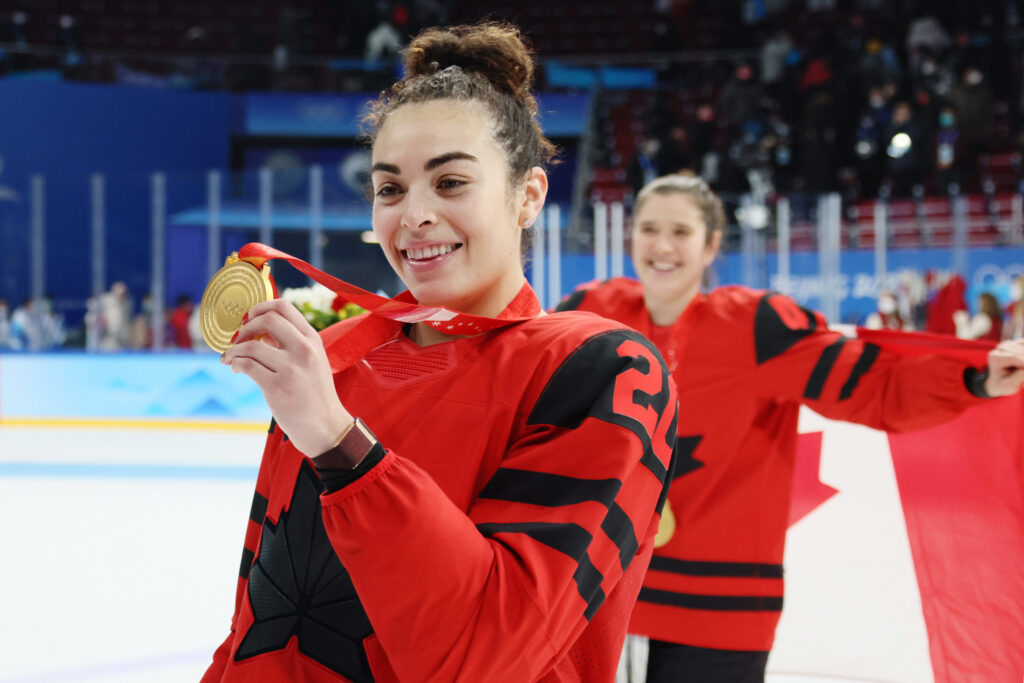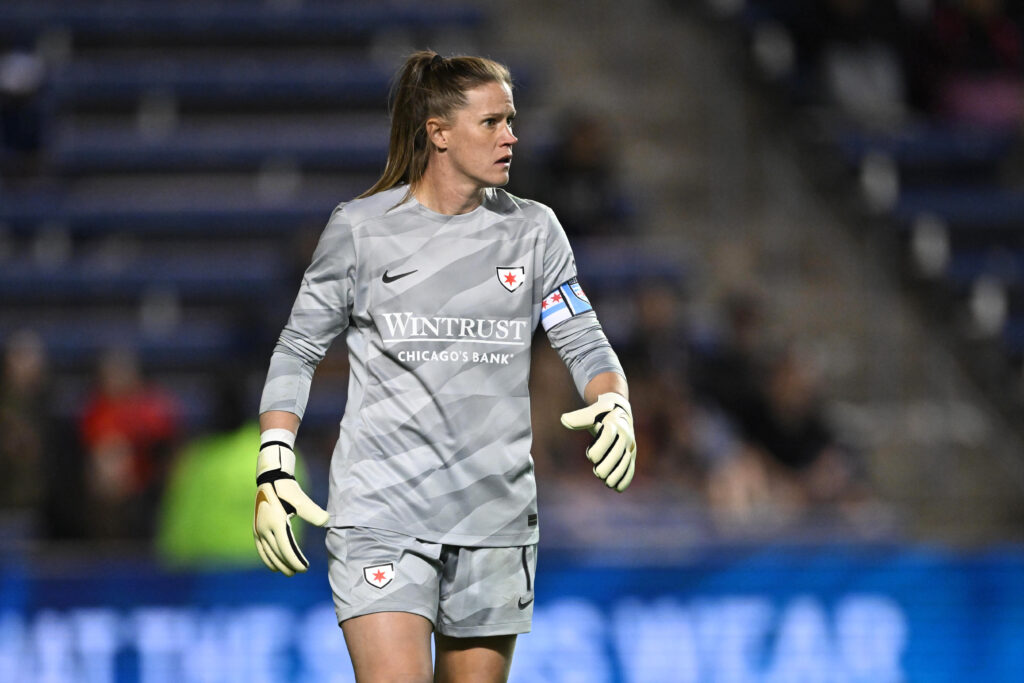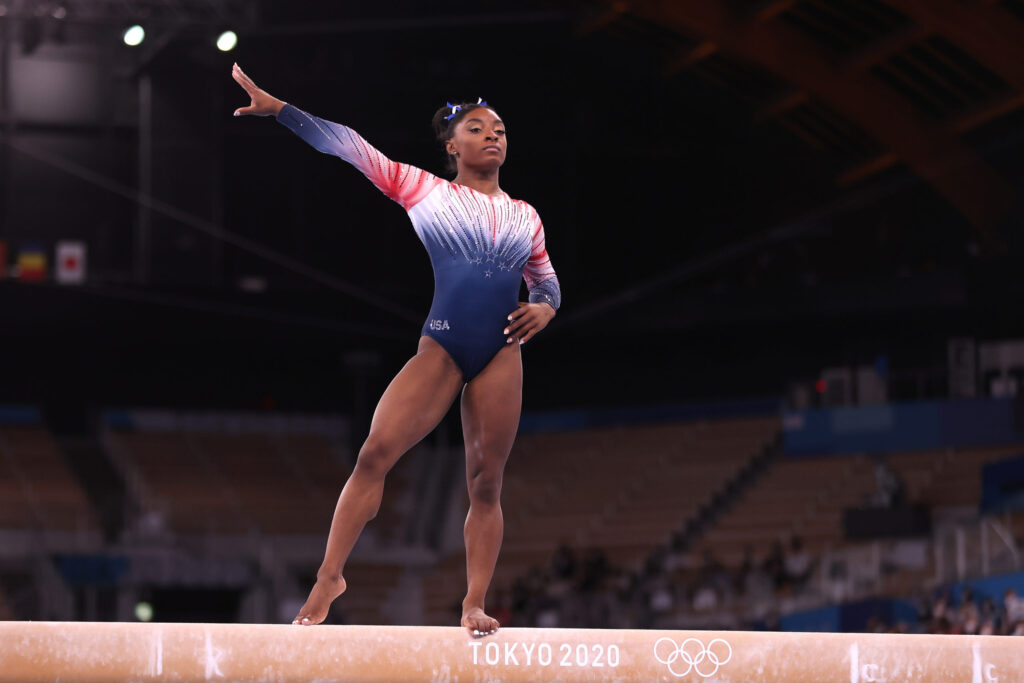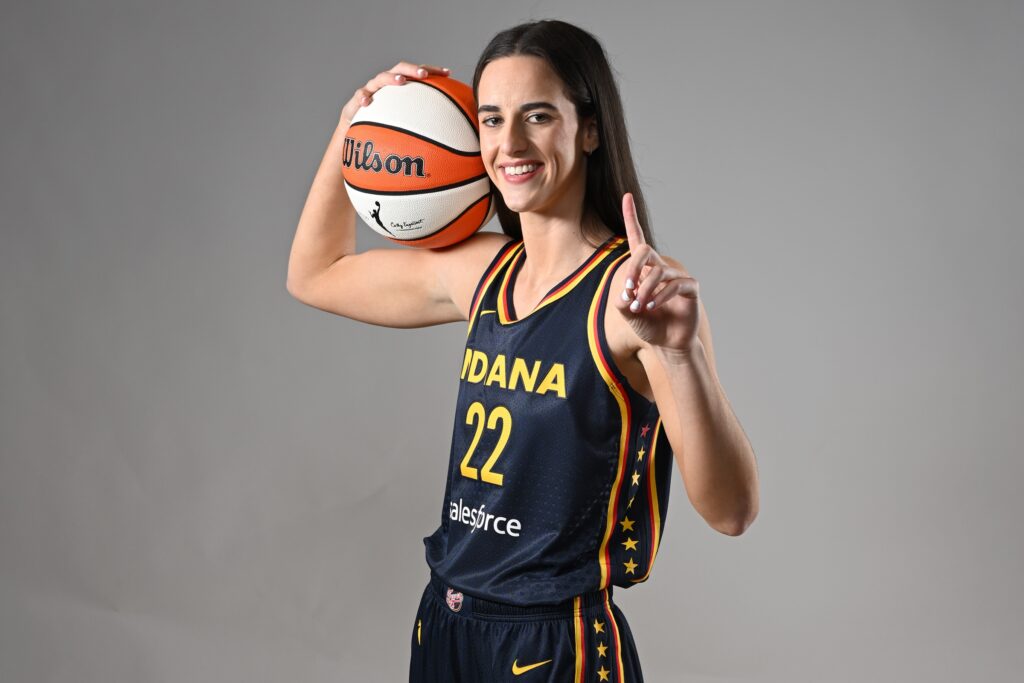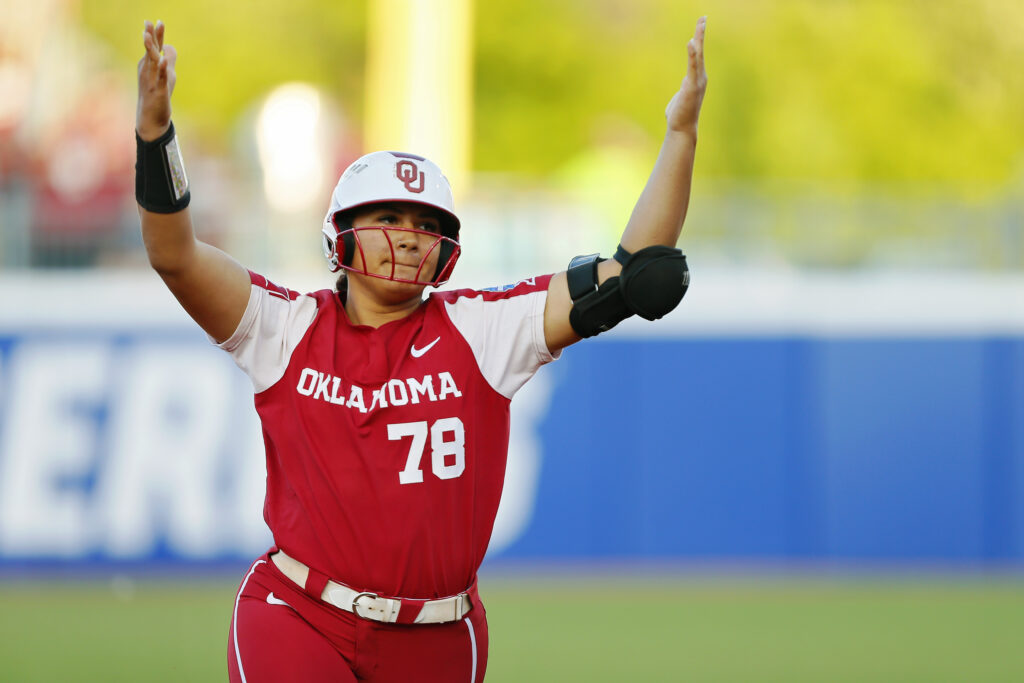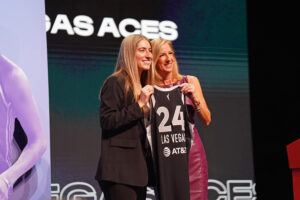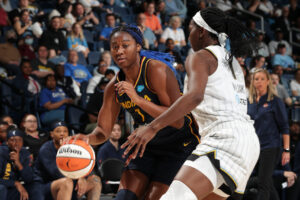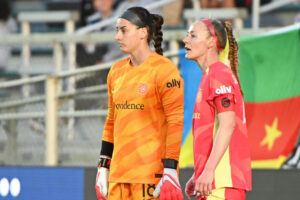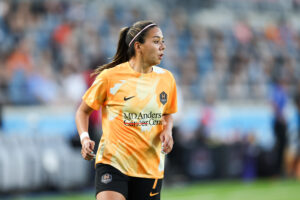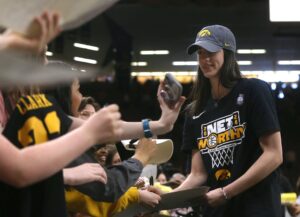Hockey players are coming together to spotlight what Olympic gold medalist Sarah Nurse calls the “rich history” of Black players in the game, as well as the racial disparities that have plagued the sport for decades.
The new documentary “Black Ice,” which premiered at the Toronto International Film Festival this week, details the story of the Colored Hockey League of the Maritimes, a league founded in Nova Scotia in 1895, as well as the current state of the sport for Black players.
The film is produced by Drake, LeBron James and Maverick Carter and directed by Hubert Davis.
“We’re in an interesting place, where we can say, ‘OK, are we going to actually address this stuff and talk about it and deal with it?’” Davis told Hollywood Reporter. “Or are we just going to stay within our bubble? A lot of people are facing that choice at the moment.”
The voices of women’s hockey players play an important role in the documentary.
“I think there’s so much rich history with Black players playing the game and I think that’s going to be really showcased,” said Nurse, who stars for the Canadian women’s national team and features in the film. “But also to highlight some current players, obviously, is huge.”
Another player involved in the documentary is Saroya Tinker, a defender for the Toronto Six of the Premier Hockey Federation and an advocate for Black women in hockey.
Tinker experienced racism in the locker room at a young age, and it took her up until the last year to finally be herself within the sport, she revealed in an interview with TSN.
Black Ice is incredibly powerful. Grateful to have had this opportunity to speak with one of its stars, @saroyatinker71 ❤️ pic.twitter.com/k4YXl7UNhJ
— MRob (@MarissaRoberto) September 12, 2022
“I feel like I’ve really come into my own and been able to be my full self on the ice and outside of the rink,” she said. “It was a challenge growing up and having to put a piece of my Blackness aside to fit in, but at the same time we’re being unapologetic about who we are now.”
The 24-year-old contemplated leaving the sport after college, but she realized how many young girls looked up to her and hope to follow in her footsteps. She wants to make the sport better for them and to “be that role model for them.”
She thinks the film could drive uncomfortable conversations that will lead to accountability in the sport of hockey.
“Growing up, my biggest problem was that nobody was being held accountable when these situations came up,” she said. “I’m very excited about the future…I see people wanting to be allies and sticking up for their counterparts.
“We’re opening up the door for conversation and things will improve from there.”
